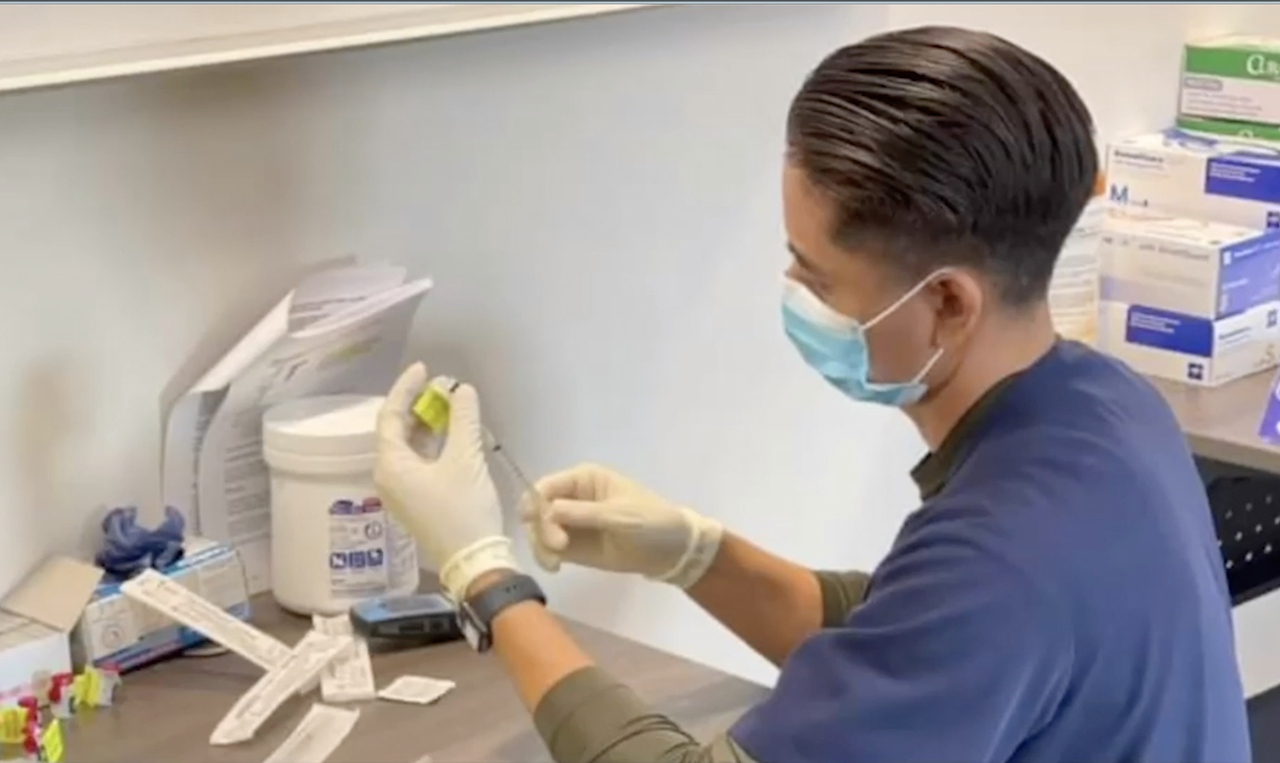There’s no question as to the dangers of the human papillomavirus (HPV). If contracted, it can quickly lead to a number of serious complications, one of which includes cervical cancer. The statistics on this women-specific type of cancer are grim, as well. If not detected and treated early, the five-year mortality rate of cervical cancer can plummet to just 17 percent.
In the past, cervical cancer was one of the leading causes of death for women. Fortunately, routine Pap smears and early detection have dramatically reduced the mortality rate of cervical cancer, giving patients a much greater chance of beating this potentially lethal disease. With the introduction of the HPV vaccine, these numbers should continue to drop.
However, while the Gardasil 9 vaccine has now been around for nearly seven years, there is still quite a bit of confusion as to who may or may not qualify for it. While healthcare providers tried their best to educate their patients about the vaccine in the years following its introduction, there were still delays in administration. It finally took a series of television commercials for parents to be proactive about vaccinating their children.
And now, it would seem, these same ads are being directed toward adults.
Who Can Get an HPV Vaccine?
When Gardasil 9 was first introduced, it was initially recommended for patients under the age of 26, ideally before they become sexually active. However, in 2018, the FDA approved of the use of the vaccine for patients up to the age of 45. Despite this press release, though, patients were not exactly lining up to get their dosage of it.
These new ads from Merek, the makers of the Gardasil 9 vaccine, hope to change this. In a new series of direct-to-consumer advertisements, they are trying to get the word out about the vaccine and who may be a candidate for it. The ad itself is poignant enough, a sincere entreaty to protect the ones that you love with this 3-dose vaccine.
That’s not to say that the vaccine has not been met with controversy, though. Regardless of the public’s opinion of Gardasil 9, however, it does not change the fact that the vaccine itself has been shown to be effective against nine strains of the HPV virus, two of which are believed to be responsible for 70 percent of cervical cancers.
HPV and Cancer: Not the Death Sentence It Used to Be
It’s important to note that while cervical cancer is distinctly a women’s health concern, HPV certainly is not. The virus targets men and women equally, despite misconceptions that may imply otherwise. Both men and women can develop cancer from the virus, too. Furthermore, it’s not just girls who are recommended to get Gardasil 9; the recent ad addresses this, prominently featuring a young man in the 75-second commercial.
Still, consumers understandably have some concerns about the vaccine and if they should take it. For instance, some people may wonder if it is really necessary to get it as an adult. Some data suggests that most adults have already been exposed to HPV, and with only about a dozen strains of the virus possibly leading to cancer (and only two of them prevented by Gardasil 9), the vaccine itself may not be as beneficial as one might be led to believe.
And what about patients who may have already tested positive for HPV, either through conventional screening methods or the unique HPV Aptima diagnostic assay (which detects mRNA from 14 types of cancer-associated strains of the virus)? They might be wondering “What is HPV Aptima positive mean, and will this affect my ability to get the vaccine?”
For them, it may still be a good idea to get the vaccine. Research indicates that even if someone has already been exposed to one strain of HPV, the vaccine can help prevent other strains.
What’s the Bottom Line?
As Californians, we tend to be fairly health-conscious. We like to exercise more than our neighboring states, we eat more of our fruits and vegetables, and our population has lower rates of smoking and hypertension. With more and more of us possibly electing to get the Gardasil 9 HPV vaccine, we can help improve our health and wellness ranking even better.
In a study published in Sexually Transmitted Diseases (August 2019), researchers found that the HPV vaccine could help prevent over 1,300 cases of cervical cancer in Californians. Not only could this potentially help save an impressive number of lives, but it could also help prevent $52.2 million in expenses in our healthcare system.
Whether you’re an advocate of the vaccine or not, these numbers speak for themselves — and for our future as Californians, as well.

























